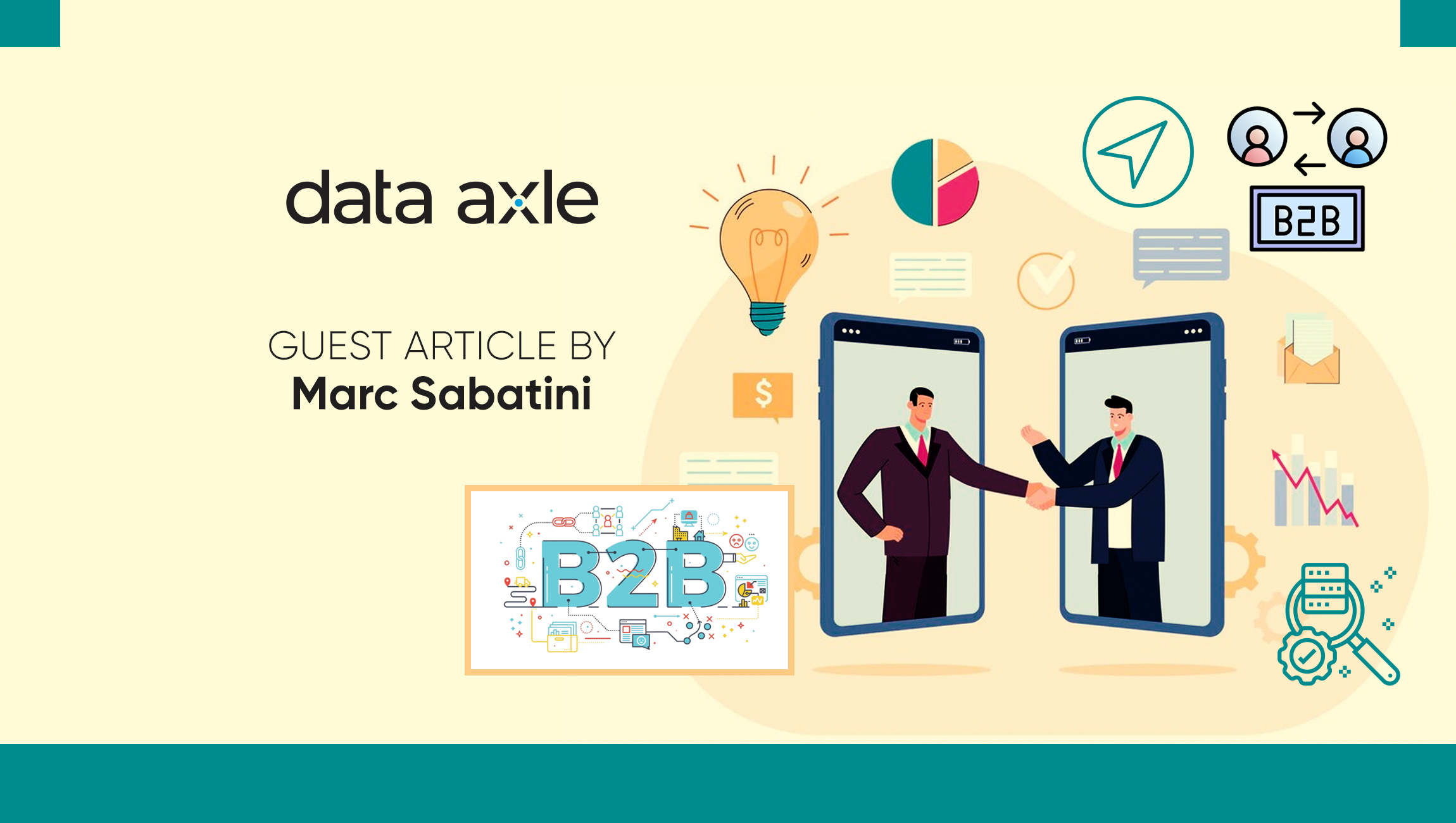The marketing landscape is undergoing a seismic shift and B2B tech marketers must stay nimble to keep pace with change. The phase-out of third-party cookies, the introduction of IP address masking, and increasingly complex privacy laws are fundamentally reshaping how data is collected and used. In this new environment, data quality has become the cornerstone of effective marketing strategies. To gain sharper insights, improve targeting, and maximize ROI, marketers need to focus on building accurate, reliable, and unified data processes. This not only strengthens current marketing efforts but also future-proofs brands against the evolving challenges of online and offline marketing.
The Crucial Role of an Enterprise Identity Spine
To effectively navigate the complexities of modern marketing, B2B tech marketers need a unified data infrastructure—an enterprise identity spine. However, the growing number of tools and external data sources introduces fragmented identifiers, making it challenging to maintain data consistency. Federating IDs across these systems is crucial to ensure that all data is linked to a single, consistent identity, regardless of the originating source. By implementing this federated ID approach, marketers can unify data across platforms, enabling continuous integration, accuracy, and reliability. This results in more actionable insights, improved campaign performance, and a clearer understanding of customer and partner behaviors across the marketing ecosystem.
A 2023 survey by Forrester Research notes that, “data quality is not just a departmental concern but an enterprise wide imperative that affects all business initiatives.” A cohesive data infrastructure allows marketers to align various tools and platforms, ensuring that data remains accurate and actionable across the board.
It further reported that 23% of respondents cited missing or unavailable data as being one of their top challenges and another 22% cited poor data quality. Many companies have multiple first-party data sources and third-party data providers and collect second- and zero-party data on top of that. As a result, there can be data siloes when disparate data sources aren’t integrated, leading to inaccurate data or inaccessible data.
The Shift Toward First-Party Data
As third-party cookies slowly disappear and companies like Google and Apple increase privacy protections by masking IP addresses, marketers are increasingly relying on first-party data to fill the gap.
This new reality places a greater emphasis on capturing first-party data—information directly from the user. By strengthening first-party data strategies, marketers can build more accurate customer profiles, capture relevant signals across touchpoints, and reduce their reliance on external data sources. This shift aligns with the broader industry trend toward more transparent, privacy-compliant data collection.
The decline of third-party tracking also reflects the importance of robust data collection and tagging practices. Ensuring that each digital interaction is logged and understood provides marketers with a clearer digital footprint of their audience, helping them maintain the same level of personalization and targeting despite fewer external signals.
Marketing Technology News: MarTech Interview with Sara Faatz, Technology Community Relations @ Progress
First-Party Data as the New Gold Standard
First-party data is more than just a response to the decline of third-party tracking; it’s the new gold standard for any modern marketing strategy. Owning your data offers a sustainable, reliable source of insights that external data can no longer provide.
However, customers are becoming more aware of their privacy rights and are selective about who they give their personal information to, and, in some instances, significantly limiting what they share. This doesn’t mean they won’t opt-in to communications, but it does mean they must see a strong value in them, which raises the bar for marketers.
Prioritizing Data Quality Over Quantity
In the rush to gather more data, many B2B marketers fall into the trap of prioritizing quantity over quality. However, without stringent quality control, an abundance of data can lead to inefficiencies and inflated costs. Data quality issues can directly affect campaign outcomes. Inaccurate data can derail efforts, resulting in wasted spend, poor targeting, and lost opportunities. According to Gartner research, poor data quality costs organizations at least $12.9 million a year on average.
To address this, brands need to regularly audit their data sets, focusing on eliminating inaccuracies and enriching existing profiles. Real-time data validation and enrichment tools are becoming increasingly essential to ensure that marketers have access to reliable, up-to-date data.
Unifying Data for a Holistic Customer View: Breaking Down Silos
One of the most significant barriers to effective B2B marketing is the fragmentation of data across various platforms. ABM tools, CRMs, CDPs, and marketing automation systems all generate valuable data, but when this data remains siloed, it becomes difficult to get a complete picture of customer behavior. This fragmentation leads to disjointed insights, making it nearly impossible to accurately measure performance or understand the full customer journey.
Federating IDs across these systems is essential to creating a unified data layer that brings consistency across platforms. By integrating data from multiple sources into a single, comprehensive view, marketers can track interactions across channels and touchpoints, enabling more informed decision-making. This not only leads to better campaign optimization but also enhances compliance efforts, ensuring that data is managed in line with growing privacy regulations.
Navigating Privacy and Compliance
As privacy laws continue to evolve, B2B marketers must be vigilant in maintaining compliance while delivering personalized experiences. With 19 U.S. states now enforcing their own privacy laws, alongside stringent regulations like GDPR in Europe, businesses must prioritize transparent data practices to avoid legal risks.
The emphasis must be on first-party data collection and secure methods for data augmentation using reliable sources of third-party data. Single Sign-On (SSO) solutions provided by platforms like Google and LinkedIn offer one such pathway, allowing users to authenticate securely while opting into content. However, these channels typically offer limited data. To build richer customer profiles, marketers can partner with trusted data vendors that help enhance this information without violating privacy laws.
Effective Measurement and Optimization: Building Independence from Walled Gardens
In B2B marketing, it goes without saying that measurement and optimization are critical to success. The long sales cycles and multiple touchpoints typical of B2B campaigns require tools that can track performance across the entire buyer’s journey. However, as platforms like Google, Facebook, and Amazon—so-called “walled gardens”—increasingly control data access, marketers find themselves with limited visibility into performance metrics.
To mitigate these challenges, B2B marketers must invest in their own data assets and measurement systems. Having independent measurement tools that allow marketers to assess their campaigns without relying on data from walled gardens is key. To do this, businesses must build a reliable framework to provide marketers with the insights needed to optimize strategies effectively, even in a more restrictive data landscape.
Future-Proofing Data for Long-Term Success
In today’s B2B marketing environment, data quality and integration are no longer optional—they are mission-critical. By embracing high-quality first-party data, unifying data across platforms, and ensuring compliance with evolving privacy regulations, B2B marketers can not only safeguard their campaigns but also position themselves for long-term success. As digital marketing continues to evolve, those who focus on the integrity and accuracy of their data will thrive, gaining a competitive edge in a world where data is the key to unlocking greater insights and ROI.
Marketing Technology News: Unleash the Power of Call Tracking for SEO Success











